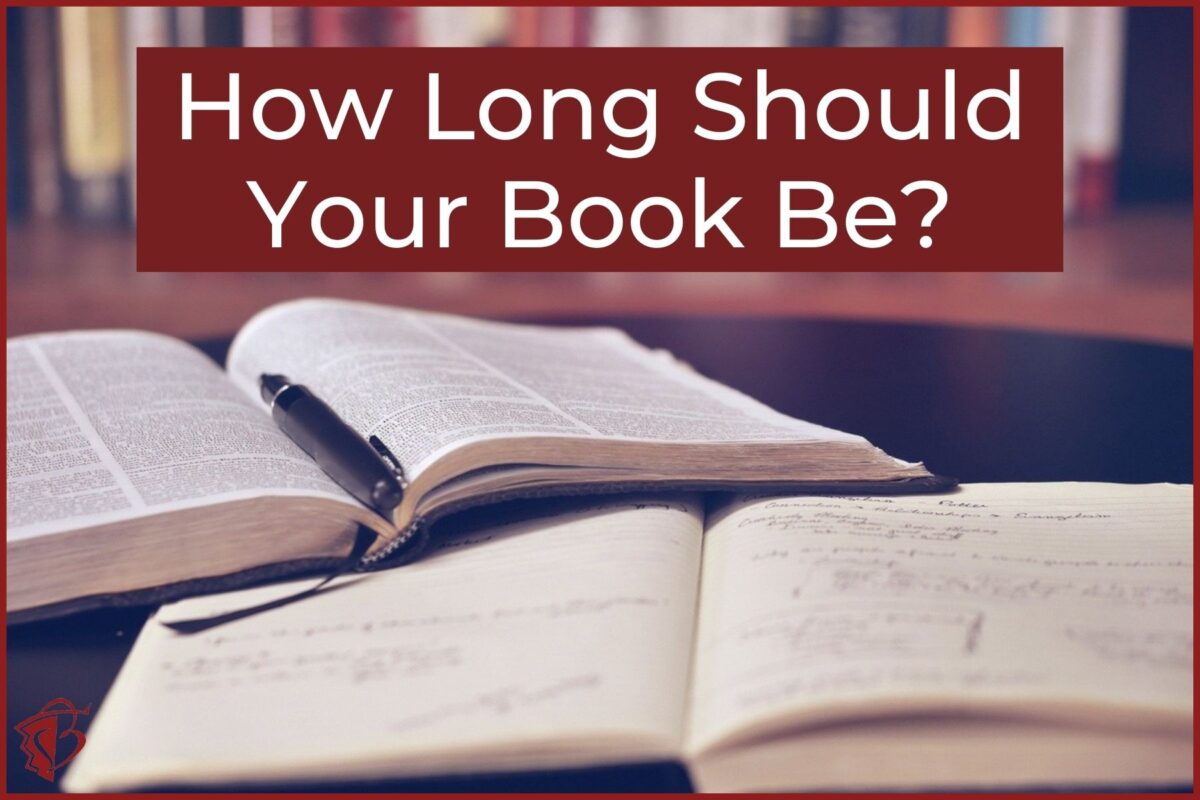The decision to write a book—fiction or nonfiction—begins with inspiration. You’ve conjured a fantastic plot or a scintillating character. You have a burning desire to help others by sharing your own experience regarding an obstacle you overcame. Or you have niche knowledge that would interest, enlighten, or assist other people.
While writing your book, let the words flow! Don’t worry about how long your book will be, just get your ideas on the page. At the creative stage, no tangent is bad. It’s better to have too much information in your first draft than not enough—you can always shorten or refocus later.
Once you’ve fully conceptualized your book, however, it’s time to begin considering its length, a factor that affects its publishing future. How will your book’s word count stack up against comparable, previously published books? Whether you’re intending to self-publish or go the traditional-publishing route, it’s wise to consider industry guidelines for book length. Here are a few, according to Self-PublishingSchool.com and DanielJTortora.com:
- Nonfiction: 50,000 to 80,000 words
- Fiction: 80,000 to 100,000 words, depending on the genre (Mysteries skew shorter at 40,000 to 80,000 words, whereas fantasy and science fiction trend longer at 50,000 to 150,000 words.)
- Memoir: 45,000 to 80,000 words
- Self-help: 30,000 to 70,000 words
Balancing Words, Content, and Money
First consider whether you’ve adequately covered your content. Have you rambled on for too long or neglected to elaborate enough? Take, for example, a nonfiction book. Word-count guidelines estimate the average nonfiction book is 50,000 to 80,000 words long. However, if you’re writing about a narrowly focused subject, just 40,000 words could make a satisfying read. A multifaceted or complex nonfiction book might require more than 80,000 words.
When you contact someone in publishing—a literary agent, an editor, someone at a publishing company—one of the first things they ask is How many words are in your book? That’s because word count ultimately affects the costs of editing, designing, printing, distributing, and marketing. It simply costs more to publish a “door-stop” book than a “slim volume.” Note the connotations of those book descriptors: a volume that’s so thick it could hold open the door might be associated with heavy or boring content. A book with few pages could be seen as insubstantial. Obviously, these can be faulty conclusions—some of the most important books are lengthy, and many books with few pages contain profound insights.
Also, an agent or editor might reject a book they consider too long or too short with the assumption that the book will need considerable revision or editing to “right-size” it. That, too, has bearing on financial decisions regarding your book.
Although word count isn’t a predictor of a book’s quality, it’s a way for people in the publishing industry to judge whether it will sell. A book that’s longer or shorter than the norm might be hard to market. There are always exceptions to the rules, however. Most published novels are in the neighborhood of 60,000 to 100,000 words—yet Diana Gabaldon, George R. R. Martin, J. K. Rowling, Stephen King, and Margaret Mitchell all published 300,000-word (and longer) bestsellers.
If you are a first-time author and want to get your book traditionally published, you’ll likely need to stay within the general word-count guidelines—unless you can make a convincing argument that you’ve got a bestseller on your hands.
Word Count and Self-Publishing
Although self-publishing a book means you get to make all the creative decisions, you’re also footing the bill. The longer your book is, the more it will cost. Editors, proofreaders, and designers base their fees on how long it will take them to review every one of the words in your book.
Another reason to consider word-count guidelines is how book length could impact public perception and sales. If your book is brief, buyers might assume it’s short on information and not worth the money. If your book is long for its genre, you’ll need to raise its retail price to cover your outlay for editing and design. If you’re printing physical copies of your book, there’s the added cost of paper, printing, binding, and shipping to factor into the sale price. However, if you have a solid platform for marketing your book, such as lots of followers on social media, you could recoup those costs through e-book sales.
All this is a lot to ponder, especially if you’re just starting to write. Keep word count in mind, but don’t let it restrict your creativity or your dream of becoming a published author. Enjoy the process, and envision your ideal reader. With work, your book can become a perfectly sized reality.

An enjoyable read.
This is helpful information, Laurel! Thank you.
An excellent overview!
Thanks for putting this together, Laurel! This is a good resource that I’ll share with my clients who ask for guidance in this area.
Great!
Three words: good to know!
Thanks, Laurel 🙂
Thanks for this, Laurel!
Another thing I find helpful with having a target word count is being able to determine roughly how long each chapter should be (for nonfiction books, anyway, that are more specific in their focus) once I determine the topic for each chapter.
That allows me to turn each chapter into its own essay and know where I am in the overall book after writing each. Very helpful!
Yes! Keeping an eye on overall word count can also help rein in chapters that might be a bit too lengthy.